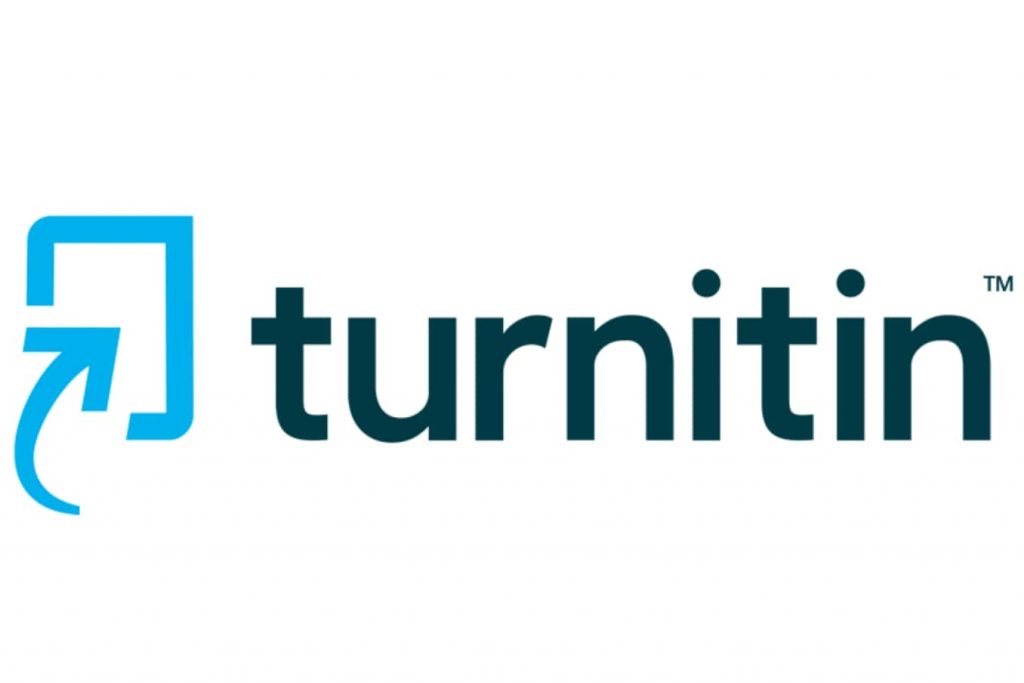Abstract
Health is the main priority of the Indonesian government in order to improve the health status of the Indonesian people in order to become a healthy, qualified and productive society. Health insurance is one of the programs held by the government to make this happen. Health insurance ownership from year to year continues to increase, but this increase is not accompanied by high utilization of health services, both outpatient and inpatient. The low utilization of health services raises the questions of how health insurance ownership affects the utilization of health service utilization. Therefore, this study aims to analyze the impact of health insurance on health service utilization in Indonesia. This study uses the Propensity Score Matching method. The sample used was IFLS 5 2014 data in the form of individuals who received Social Protection Cards (KPS), totaling 22,500 individuals. The dependent variable were frequency of outpatient use in the last 4 weeks and frequency of inpatient use in the last 12 months. This study found that the health insurance variable had a negative effect on inpatient utilization with a significance level of 10%. However, it has a positive effect on outpatient utilization at the 5% significance level. The results showed that having health insurance can increase outpatient utilization by 14.6% higher than individuals who do not have health insurance.
Bahasa Abstract
Asuransi kesehatan merupakan salah satu program yang diadakan pemerintah guna mewujudkan masyarakat yang sehat, bermutu, dan produktif. Kepemilikan asuransi kesehatan dari tahun ke tahun terus meningkat, namun peningkatan tersebut tidak dibarengi dengan tingginya utilisasi pelayanan kesehatan baik rawat jalan maupun rawat inap. Penggunaan pelayanan kesehatan yang masih rendah itu mempertanyakan bagaimana pengaruh kepemilikan asuransi kesehatan terhadap utilisasi pelayanan kesehatan. Oleh karena itu, penelitian ini bertujuan untuk menganalisis dampak jaminan kesehatan terhadap pemanfaatan pelayanan kesehatan di Indonesia. Penelitian ini menggunakan metode Propensity Score Matching. Sampel yang digunakan adalah data IFLS 5 tahun 2014 berupa individu yang menerima Kartu Perlindungan Sosial (KPS) yang berjumlah 22.500 individu. Dengan menggunakan variabel dependen berupa frekuensi penggunaan rawat jalan dalam 4 minggu terakhir dan frekuensi penggunaan rawat inap dalam 12 bulan terakhir. Penelitian ini menemukan bahwa variabel jaminan kesehatan berpengaruh negatif terhadap pemanfaatan rawat inap dengan tingkat signifikansi 10%. Namun, berpengaruh positif terhadap utilisasi rawat jalan pada tingkat signifikansi 5%. Hasil penelitian menunjukkan bahwa memiliki jaminan kesehatan dapat meningkatkan pemanfaatan rawat jalan sebesar 14,6% lebih tinggi dibandingkan individu yang tidak memiliki jaminan kesehatan.
Recommended Citation
Wanti, Dian Ira
(2023)
"PENGARUH KEPEMILIKAN ASURANSI KESEHATAN PADA KELOMPOK MISKIN TERHADAP UTILISASI PELAYANAN KESEHATAN DI INDONESIA: SEBUAH STUDI RETROSPEKTIF,"
Jurnal Ekonomi Kesehatan Indonesia: Vol. 8:
No.
2, Article 5.
DOI: 10.7454/eki.v8i2.7273
Available at:
https://scholarhub.ui.ac.id/eki/vol8/iss2/5












